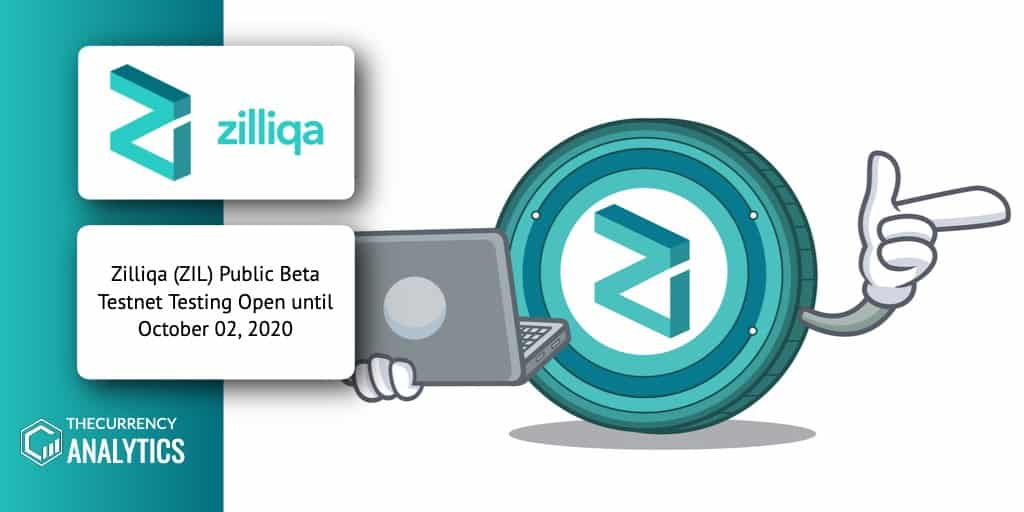
Zilliqa is the high-performance, high-security blockchain. The guidelines for the Feedback on Zilswap are released.
Zilliqa tweeted: “Non-custodial staking is set to release on the Zilliqa mainnet on 14 October, 2020. Share your feedback on Zilswap UI & gZIL functionality as part of the public beta testing, now extended to 2 October, 2020.”
Staking on mainnet is important to provide for a smooth, simplified and secure experience for all the Zilliqa users. They have thanked the auditors PwC for all the best inputs and the team is already reviewing suggestions. They are further implementing the needed changes. They are keeping their feedback channels open. They are extending the public beta testnet testing of the non-custodial seed node staking program until October 2, 2020.
For those who do not know, Zilswap, is the decentralized exchange that has been built with Switcheo on Zilliqa on the testnet version and the gZIL token contract. Their major objective is to provide for smooth functionality of all the elements in staking and beyond. Therefore, they feel that the feedback of the users is crucial to ensure the same.
They have requested developers to spend some time to test out the features and to further share suggestions. Detailed instructions on using Zilswap is already available on the Testnet.
Sydney Ifergan, the crypto expert tweeted: “The non-custodial staking on Zilliqa was long awaited and finally it is on the dice to be launched soon.”
Apart from the beta testing campaign, Zilliqa’s platform is set to undergo an upgrade to support the new tokenomics as previously described in ZIP-9. This upgrade is expected to increase the Scilla code size limit from from 20KB to 50KB.
The tokenomics changes clearly described in ZIP-9. The changes to the network parameters are set to be surprising. The sooner after upgrade, the smart contracts execution costs will be reduced by 8 times. This is made possible because of the optimization in both the Scilla interpreter and also the core protocol. Further, the mining rewards are set to be increased to 270,000 ZIL per DS epoch.
In just a few days the mining rewards allocation is set to be changed to 60% mining and 40% staking. Eventually, nearly 1 month after the upgrade, the minimum gas price is set to be from 0.001 ZIL to 0.002 ZIL. The staggered approach is meant to provide all players in the ecosystem to time to adapt to the newest changes.
Thus, the payment transaction costs will increase by 2x and smart contract transaction costs will reduce by 4x. Therefore the disparity between the gas fees of both types of transactions will be reduced.
Get the latest Crypto & Blockchain News in your inbox.